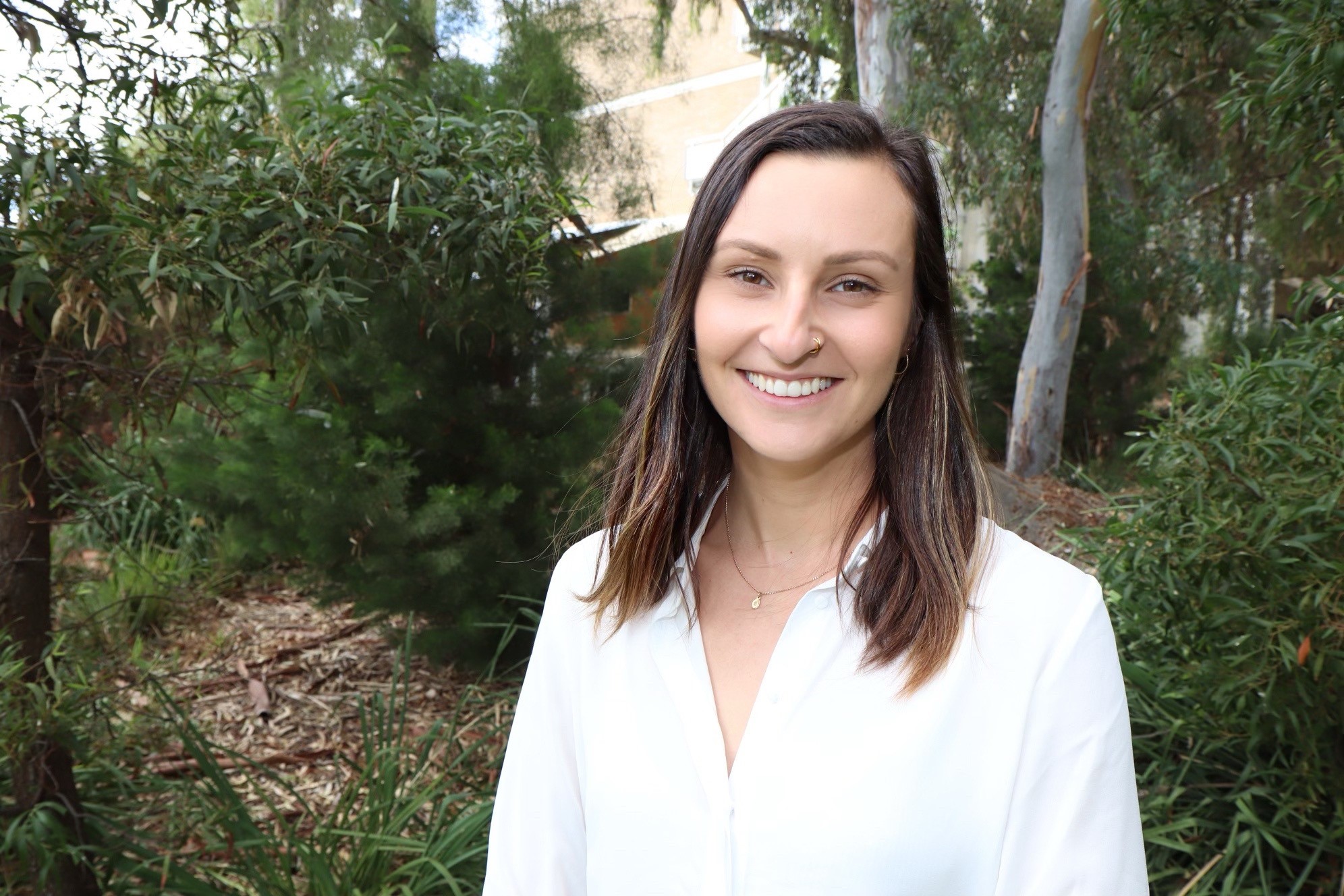
How can we improve care, promote recovery and prevent the onset of delirium and other hospital-acquired complications among older people in acute healthcare settings?
With funding from the Hospital Research Foundation, a Flinders Caring Futures Institute pilot study has been investigating how comprehensive patient-centred care and specially designed interventions can prevent debilitating issues from developing, reduce length of stay in hospital and significantly improve long term outcomes.
Coordinating Investigator Dr Sarah Hunter says older people admitted to hospital, especially those over the age of 80, are at high risk of acquiring conditions such as delirium. Delirium presents as irritation, confusion and disorientation in the patient and can be life-threatening.
“Older people who go into hospital, especially those who are frail, are especially vulnerable. They will often go in for one condition, but others can soon develop.”
Delirium has implications for the patient’s independence and capacity to engage in day-to-day living – and can be confronting for loved ones to witness.
“It can be very dangerous for older people,” Dr Hunter explains. “They’re not oriented to daytime or night time, they’re not in the usual routine. They’re often not getting cognitive stimulation, nor are they socialising or interacting with others.
“One of the biggest risks for people with delirium, other than mortality, is they end up in residential care full time. Once patients have acquired the condition, it can’t be treated. We can only prevent it.”

Dr Hunter says simple measures can help prevent delirium in patients in the hospital setting, but a multicomponent approach is essential.
“There’s things like making sure they’re moving throughout the day, making sure that they’re eating properly. These are simple things, but they can be really complicated for older people, because they might have functional issues with opening food packaging or being able to sit out of bed to consume their food.
“These issues can easily be overlooked in a busy acute care setting.”
Queensland-based Geriatrician Professor Alison Mudge and Physiotherapist Prue McRae developed a non-pharmacological, multicomponent complex intervention called Eat Walk Engage, designed to prevent the onset of delirium in hospital environments. Following a successful randomised control trial in several state hospitals, they demonstrated that Eat Walk Engage significantly reduces delirium.
“Due to our older population, delirium is a crucial problem here in South Australia,” Dr Hunter argues. “We wanted to implement the same program here and see if it is acceptable, feasible and adoptable by the SA health system.”
Professor Mudge and Dr McRae partnered with the South Australia-based research team comprised of Dr Hunter and fellow Flinders Caring Futures Institute researchers Professor Alison Kitson, Dr Michael Lawless, Dr Rebecca Feo and Dr Tiffany Conroy. The team subsequently forged an important partnership with Flinders Medical Centre to enable a trial to take place in one ward of the hospital.
Dr Hunter is quick to emphasise the intervention is not about implementing an inflexible, one-size-fits-all approach.
“That’s what makes Eat Walk Engage really successful,” she says. “The intervention doesn’t say, if you do these things, you’ll reduce delirium. It says, here are the core components, identify how you can make those components work in your hospital.
“The program also helps staff unpack what barriers to providing fundamental care exist and helps tailor strategies to address them.”
Elements such as resource availability, staff attitudes and the patient experience were all considered. From speaking to patients, the team ascertained many people were unaware of where they were allowed to walk around the ward, if at all. This informed the development of an interpretive walking trail within the hospital featuring photographs of famous South Australian locations, to both mobilise patients and spark cognitive stimulation.
“It gave staff something to talk about to patients that wasn’t about their health,” Dr Hunter explains. “They could say, for example, ‘There’s the Flinders Ranges, have you been there before?’”
The team also came up with the concept of a pet board, where staff could bring in a photo of their pet to discuss with their patients and keep their mind active. Two embedded facilitators, one internal and external, where also on board to talk to staff about the program and its implementation to ensure they took ownership.
“One of the most interesting findings that other researchers could probably take from this, is the importance of a team approach,” Dr Hunter says, adding the hospital staff involved felt empowered to come up with their own solutions that led to positive outcomes and several solutions remained in place after the trial ended.
Based on the data collected, researchers found the intervention had reduced average length of stay by one day. If similar strategies were implemented across the hospital, Flinders Medical Centre could save 73 occupied bed days per month, in each ward.
“It’s indisputable that it’s effective. We’ve shown it’s feasible and that staff and patients prefer to be on a ward that has this program,” Dr Hunter says.
Following a successful rollout in Queensland healthcare settings, the research team is recommending the intervention be implemented Australia-wide.

